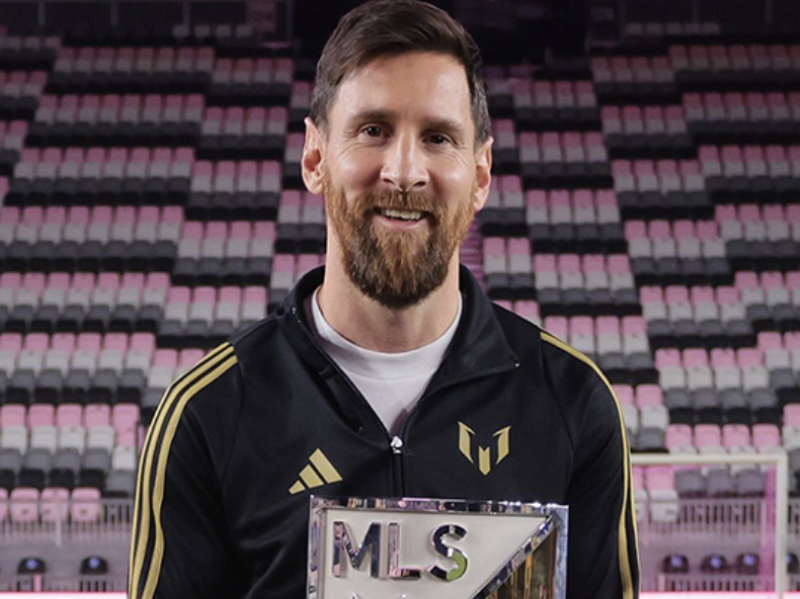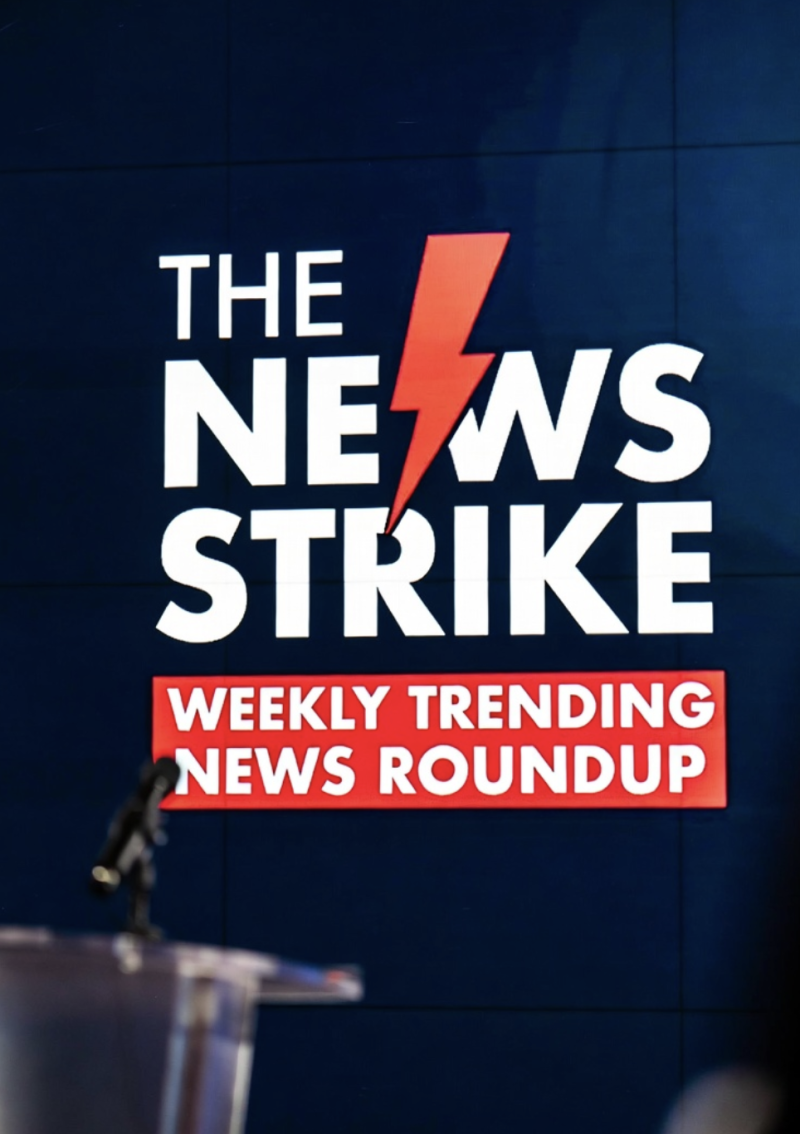Lionel Messi's arrival in Major League Soccer wasn't just a signing—it was a seismic shift, turning Inter Miami into a global brand and injecting an estimated $265 million in direct revenue for the club alone since July 2023. Friday's 3-0 playoff rout of Nashville SC, sealed by Tadeo Allende's 73rd-minute strike, underscored the Argentine maestro's enduring pull. With Messi pulling strings from midfield—his vision feeding Allende's tap-in—the Herons advanced, but off the pitch, the economic echoes reverberate louder. As Messi's new deal locks him in through 2028, analysts at Deloitte forecast a 20% league-wide uplift, positioning MLS as soccer's next economic powerhouse.
The numbers paint a vivid picture. Inter Miami's valuation has skyrocketed 17% year-over-year, the fastest in the league, per Sportico data, driven by sold-out stadiums and record jersey sales. Messi's No. 10 kit alone generated $10 million in the first month post-arrival, outpacing even NBA stars like LeBron James in debut spikes. Consumer trends tell the tale: A Nielsen report shows 65% of U.S. millennials now cite Messi as their soccer entry point, with global e-commerce platforms like Fanatics reporting a 40% sales bump in Latin America and Asia. In India, where 50 million tuned into Friday's match via Hotstar, Messi-mania translated to Rs 100 crore in streaming subscriptions and fantasy league entries.
Market impacts ripple far. Miami's tourism board credits Messi with a $100 million influx last season—hotels near DRV PNK Stadium booked 90% during home games, up from 60%. Local businesses, from taco trucks to luxury suites, saw 30% revenue jumps, with a study by the University of Miami estimating $50 million in ancillary spends per playoff run. Globally, the effect multiplies: European broadcasters like DAZN added MLS packages, boosting ad revenues by €20 million, while Asian markets—fueled by Messi's Barcelona legacy—drove 25% higher viewership, per FIFA metrics. "He's not playing soccer; he's scripting economies," quips Inter Miami co-owner Jorge Mas, whose Apple TV deal now eyes $2.5 billion over a decade.
Policy implications add intrigue. Messi himself, in a recent ESPN interview, urged MLS to "relax spending caps" for parity with Europe's Big Five leagues, a call echoing Commissioner Don Garber's push for salary hikes. The league's single-entity model, once a straitjacket, now flexes: Designated Player rules, expanded for Messi, allowed Inter Miami to splurge $60 million on stars like Sergio Busquets and Jordi Alba, yielding a 150% ROI in ticket sales. Innovation fuels the fire—AR fan experiences at matches, powered by Messi's likeness, generated $5 million in app downloads, blending gamification with e-commerce. In consumer trends, 70% of Gen Z fans now engage via NFTs and virtual kits, per Deloitte, turning passive viewers into revenue streams.


